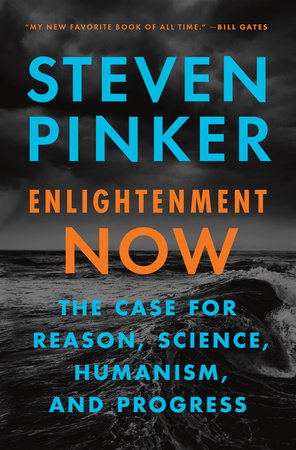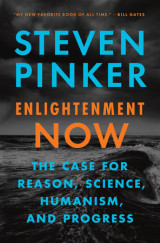
Beliefs, Perceptions, Decision-making (start time: 4:37) For many people if feels like our society, and our beliefs, have never been as polarized as they are now. Indeed, we are living in a politically polarized society. But it’s not as unique, or as extreme, as many think. In this week’s show we look behind the curtain of our beliefs and behaviors, and we discuss how emotions, far more than reason, determine our decision-making, including how we vote.
How On Earth host Susan Moran interviews Leaf Van Boven, a psychology professor at CU Boulder; and Drew Westen, a professor of psychology and psychiatry at Emory University, in Atlanta, Georgia, who is the author of The Political Brain: The Role of Emotion in Deciding the Fate of the Nation.
Hosts: Susan Moran, Joel Parker
Show Producer: Susan Moran
Engineer: Joel Parker
Executive Producer: Susan Moran
Listen to the show here:
Podcast: Play in new window | Download (Duration: 26:39 — 36.6MB)
Subscribe: RSS




 You may be among many who wistfully harken back to the “golden days” of the past. For some people the past does look rosier, or perhaps the present looks grim, but, according to
You may be among many who wistfully harken back to the “golden days” of the past. For some people the past does look rosier, or perhaps the present looks grim, but, according to  Today’s pledge-drive show features parts of our recent interview with Steven Pinker.
Today’s pledge-drive show features parts of our recent interview with Steven Pinker.


 Here’s a longer version of my interview with Anjali Bhatara, which aired on today’s program. Dr. Bhatara is with the
Here’s a longer version of my interview with Anjali Bhatara, which aired on today’s program. Dr. Bhatara is with the 
